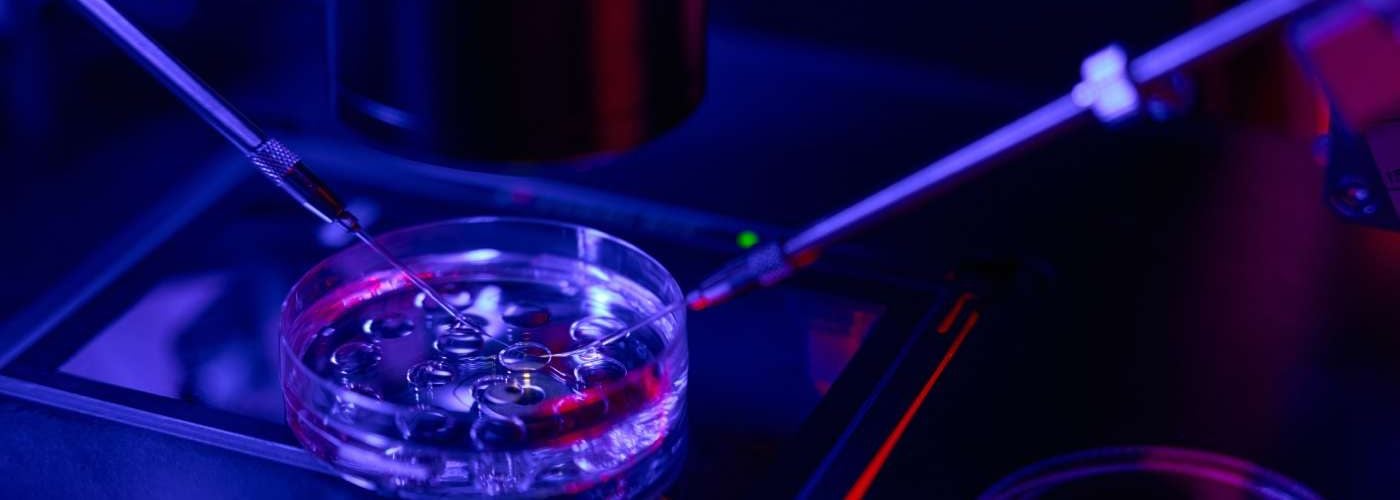
- Barcelona hosts the congress of the world’s largest corporation exclusively dedicated to assisted human reproduction, bringing together over 1,300 professionals, researchers, and academics from 58 countries
- Denny Sakkas, Chief Scientific Officer IVIRMA North America and Associate Professor at Yale University School of Medicine, will discuss pioneering research on stem cell biology and tissue engineering aimed at generating functional gametes in vitro
BARCELONA, APRIL 25th, 2025
The 11th International IVIRMA Congress, currently underway in Barcelona, gathers over 1,300 professionals, researchers, and academics from 58 countries to discuss the latest advances in reproductive medicine, innovative techniques, and recent research findings. Artificial intelligence (AI), genetics, microbiota innovations, adenomyosis, and strategies to reduce recurrent miscarriages are among the central topics presented through an extensive program of keynote lectures, practical workshops, and interactive sessions led by world-renowned experts.
During the congress press conference, led by Prof. Juan Antonio García Velasco, Professor of Obstetrics and Gynecology and Scientific Director at IVIRMA; Dr. Denny Sakkas, Chief Scientific Officer of Boston IVF/IVIRMA North America and Associate Professor at Yale University School of Medicine; and Dr. Agustín Ballesteros, President of this congress edition and Director of IVI Barcelona, a summary of the ongoing scientific gathering was provided: “It is an honor to host global experts in assisted reproduction. The 11th International IVIRMA Congress is essential for advancing reproductive medicine, which already accounts for 11% of births in our country. The trend toward delayed motherhood poses an increasingly urgent socio-demographic challenge, making assisted reproduction pivotal ”.
The Scientific Director of the Congress and of IVIRMA, Prof. García-Velasco, emphasized forthcoming revolutions in reproductive medicine, particularly the significant potential of AI and new genetic analysis tools: “AI is already a reality in assisted reproduction, yielding remarkable outcomes in both research and clinical practice. It helps reduce time to pregnancy, increases pregnancy rates, selects sperm with optimal fertilization potential, and identifies high-quality eggs—advances unquestionably improving success rates”.
This year’s congress also showcased substantial progress in genetics, notably a study introducing whole-genome sequencing (WGS) into preimplantation genetic diagnosis, potentially enabling complete exome analysis to identify higher risks of severe diseases in offspring. “This could revolutionize embryo genetic profiling regarding hereditary and acquired diseases, facilitating the discovery of new predictive biomarkers and advancing personalized reproductive treatment”, added Prof. García-Velasco.
Advances in Egg Research: Generation and In Vitro Maturation
A key focus of the congress was recent progress in stem cell biology and tissue engineering, fostering continued developments in in vitro gametogenesis (IVG), an innovative field generating functional gametes (sperm and eggs) from stem cells.
Published studies conducted using mouse models and those presented at the conference, successfully demonstrated generating both sperm and eggs from induced pluripotent stem cells (iPSCs) and embryonic stem cells (ESCs). Dr. Denny Sakkas commented : “Although these mouse-model findings have been highly successful, translating them to human applications remains challenging. Significant progress has been made in sperm development, but fully mature human oocytes have not yet been produced. The main hurdles include replicating the ovarian niche, ensuring proper meiotic division, and achieving epigenetic reprogramming comparable to natural gametogenesis. Still, the potential of in vitro oogenesis to revolutionize reproductive medicine is immense, providing fertility solutions for individuals unable to produce viable gametes”.
In vitro maturation (IVM) is another significant area highlighted at the congress. This technique involves harvesting immature oocytes directly from ovaries and culturing them in a controlled laboratory environment until they mature.
“IVM is particularly advantageous for women with polycystic ovary syndrome or those at risk of ovarian hyperstimulation syndrome. It offers a less invasive, more natural egg retrieval option, reducing complications associated with hormonal therapy”, concluded Dr. Sakkas.
